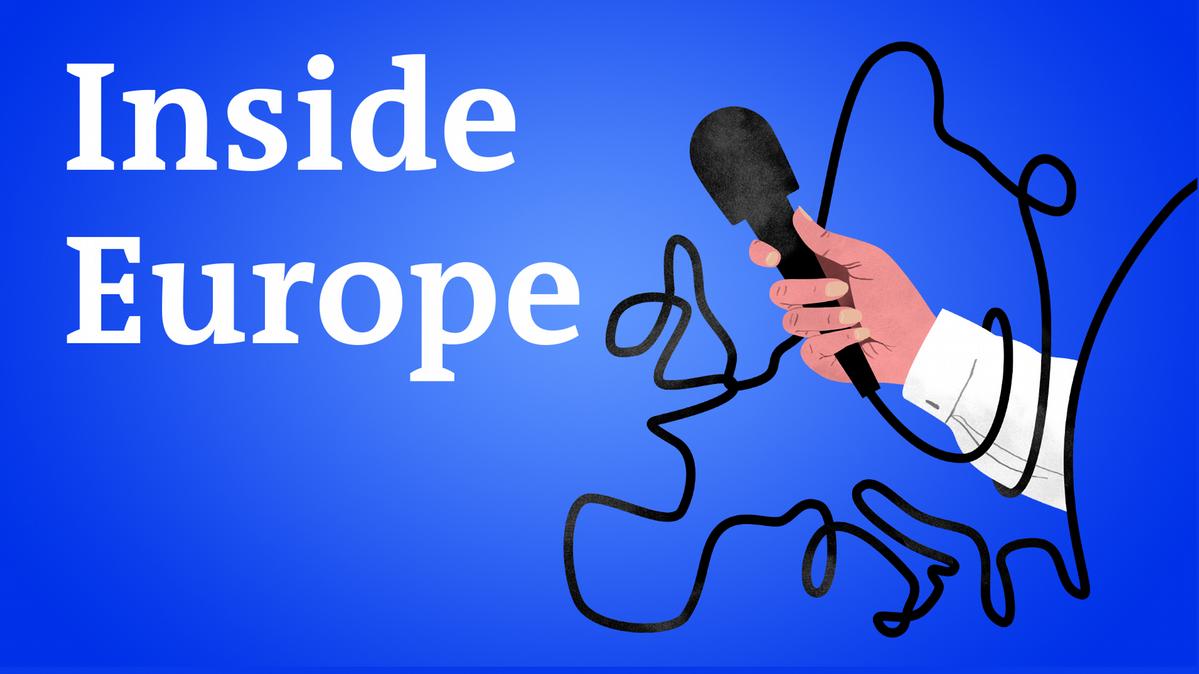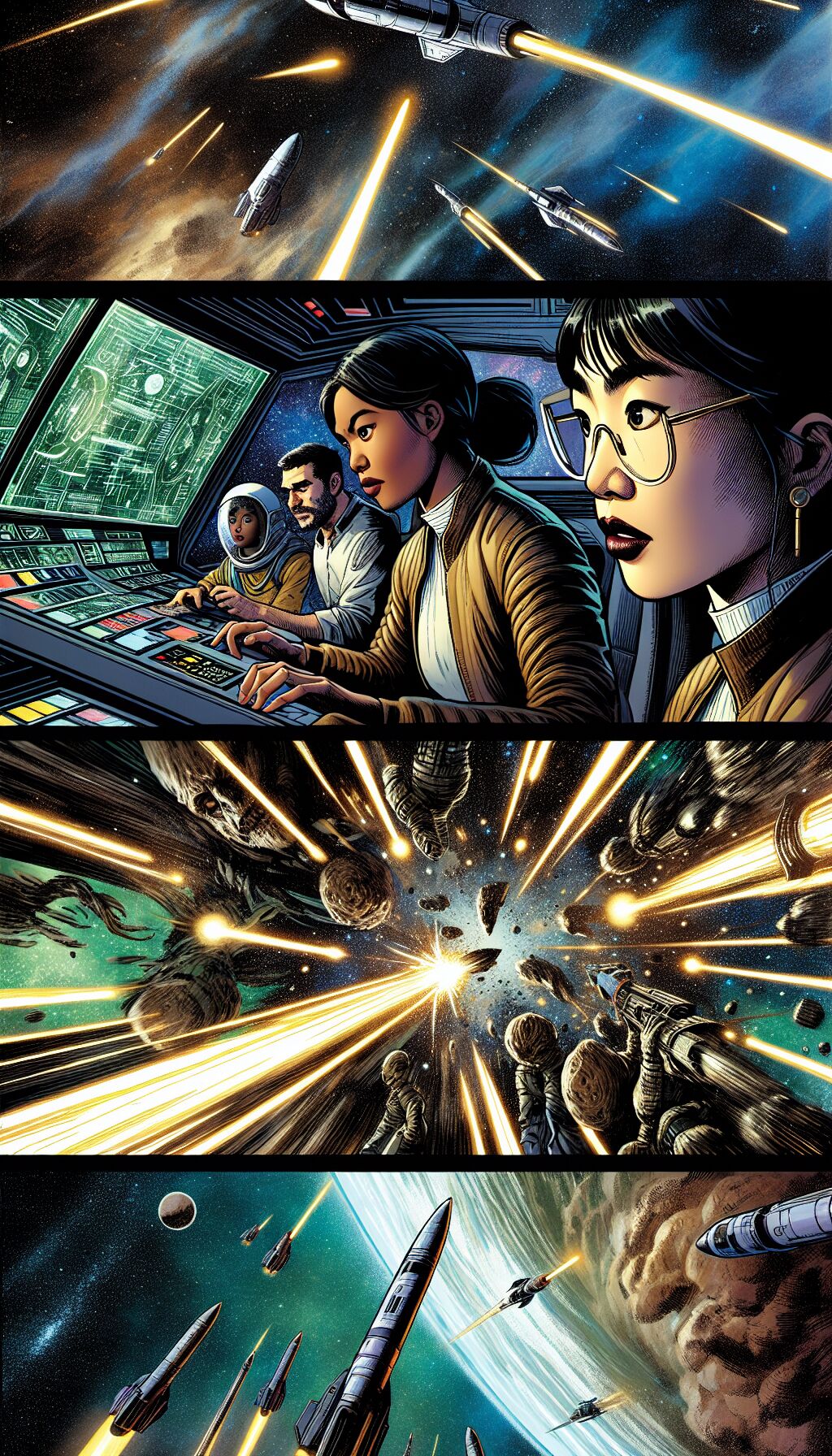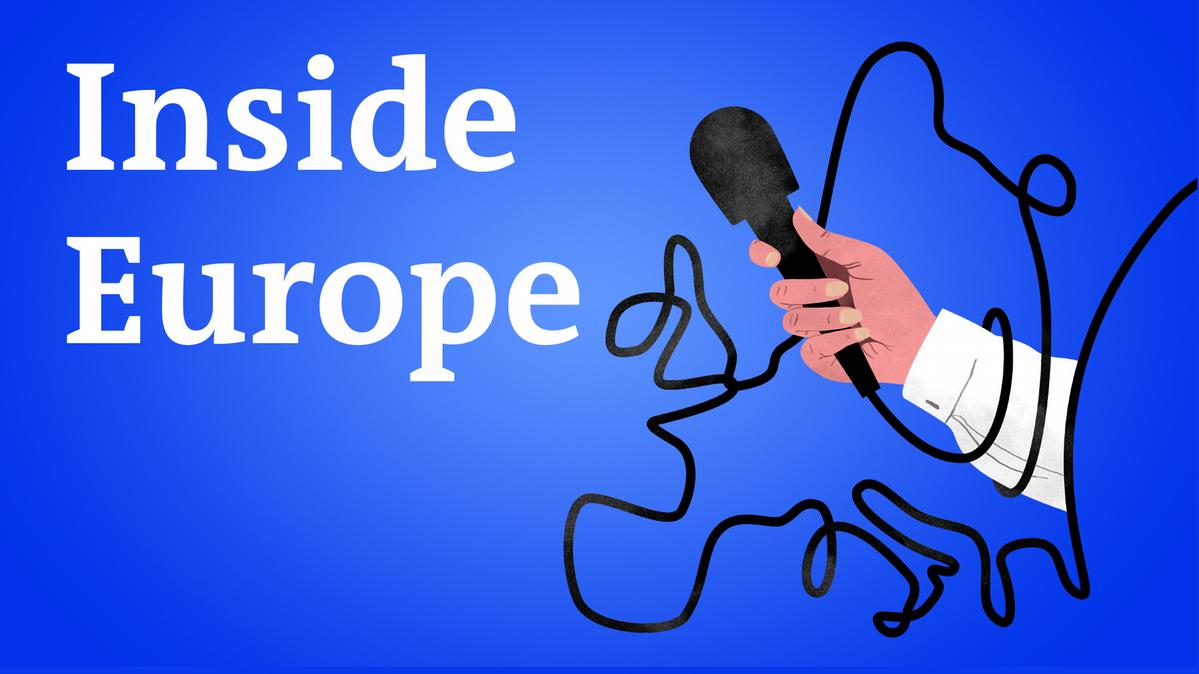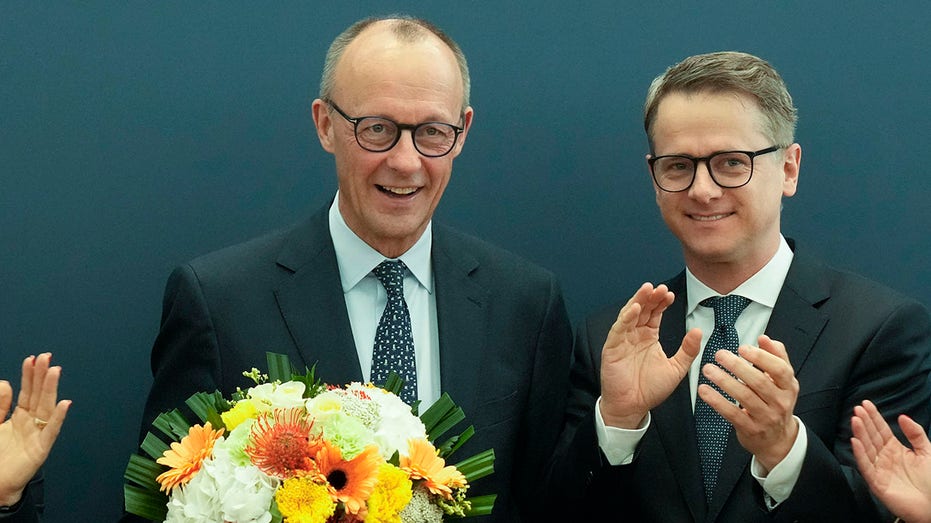
European Leaders Commemorate Third Anniversary of Ukraine Invasion Amid Rising Tensions with Trump Administration
On the third anniversary of Russia’s invasion of Ukraine, European leaders gathered to reaffirm their steadfast support for Ukraine while expressing growing concerns over the implications of recent U.S.-Russia negotiations occurring under the Trump administration.
Germany’s New Leadership Voices Strong Support
Friedrich Merz, the newly elected conservative leader of Germany, has emerged as a prominent advocate for Ukraine. In a statement on social media platform X, he emphatically stressed the necessity to reinforce Ukraine’s position amidst ongoing conflict.
“More than ever, we must put Ukraine in a position of strength,” Merz stated, emphasizing that “for a fair peace, the country under attack must be part of the peace negotiations.”
Merz’s ascent to leadership holds significant implications for transatlantic relations, receiving a notably warm reception from former President Trump, indicating the complicated dynamics that continue to unfold.
Ukraine’s Exclusion from U.S.-Russia Conversations Raises Alarm
Ukrainian President Volodymyr Zelenskyy expressed his disapproval, along with various European leaders, regarding Ukraine’s exclusion from recent U.S.-Russia negotiations in Saudi Arabia aimed at brokering peace. This particular gathering involved a coalition of European and Canadian leaders who convened in Kyiv to commemorate the anniversary of the invasion.
Among those present were European Commission President Ursula von der Leyen, Canadian Prime Minister Justin Trudeau, and German President Frank-Walter Steinmeier. Steinmeier reiterated Berlin’s steadfast commitment to Ukraine:
“Germany stands firmly beside Ukraine with humanitarian aid, refugee protection, and military support,” he declared, vowing to render assistance “as long as this illegal war lasts.”
Rising Strains Between Trump and Zelenskyy
The commemorative events occurred amidst escalating tensions between Trump and Zelenskyy, with the former President making headlines for his controversial remarks about the Ukrainian leader:
“I love Ukraine, but Zelenskyy has done a terrible job,” Trump remarked, later referring to him as a “dictator without elections.”
In retaliation, Zelenskyy accused Trump of being susceptible to Russian disinformation, while Trump’s former National Security Adviser John Bolton labeled Trump’s comments as “shameful.” Furthermore, former Vice President Mike Pence criticized Trump’s suggestion of Ukraine’s culpability for the conflict.
Meanwhile, Zelenskyy maintained diplomatic lines, engaging with Sen. Lindsey Graham and meeting with Trump’s Ukraine envoy Keith Kellogg in Kyiv to maintain support.
Europe’s Assertion for Inclusion in Peace Negotiations
Underlining the collective European sentiment, Kaja Kallas, the EU’s top diplomat, conveyed that any peace agreement with Russia cannot be legitimate without the inclusion of both Ukraine and Europe.
“The U.S. cannot seal a deal with Russia without Ukraine and Europe’s agreement,” she insisted, voicing concerns regarding what she described as the Trump administration’s pro-Russian stance.
As Kallas prepares to meet U.S. Secretary of State Marco Rubio in Washington, she aims to address the influential Russian narrative shaping current discussions regarding the conflict. Dutch Prime Minister Dick Schoof acknowledged the “turbulent weeks” that cloud ongoing efforts to resolve the dispute.
Adding to the chorus, Finnish President Alexander Stubb affirmed Ukraine’s sovereignty, articulating:
“One, EU membership is for the European Union to decide, not Russia. Two, NATO membership is determined by the Alliance, not Russia.”
Stubb conveyed support for a “European Ukraine” within NATO, advocating for a structured plan that facilitates Ukraine’s victory.
Kremlin Responds to EU Sanctions and Peace Talks
As the European Union imposed its 16th round of sanctions on Russia, Kremlin spokesperson Dmitry Peskov asserted that Moscow sees “no path to dialogue with Europe.” This latest round of sanctions primarily targets Russia’s “shadow fleet,” which is purportedly employed to circumvent restrictions on oil and gas exports, alongside measures against stolen Ukrainian grain.
The EU’s ongoing sanctions regime has resulted in asset freezes and travel bans impacting over 2,300 Russian-linked individuals and organizations since the onset of the war.
Peskov critiqued European nations for what he viewed as prolonging hostilities instead of seeking resolution, favoring U.S.-Russia peace talks over the European approach.
UN General Assembly Set to Vote on Ukraine Resolutions
In a significant move, the United Nations General Assembly is poised to vote on two competing resolutions: one is Ukraine’s proposal, backed by European allies, which demands an immediate withdrawal of Russian troops, while the other is a U.S. resolution seeking an expedited conclusion to the war but notably averting any mention of Russia’s aggression.
The results of these votes may further underscore the stark divisions in the global community regarding the resolution of the ongoing crisis in Ukraine.
Reporting contributed by The Associated Press.


















